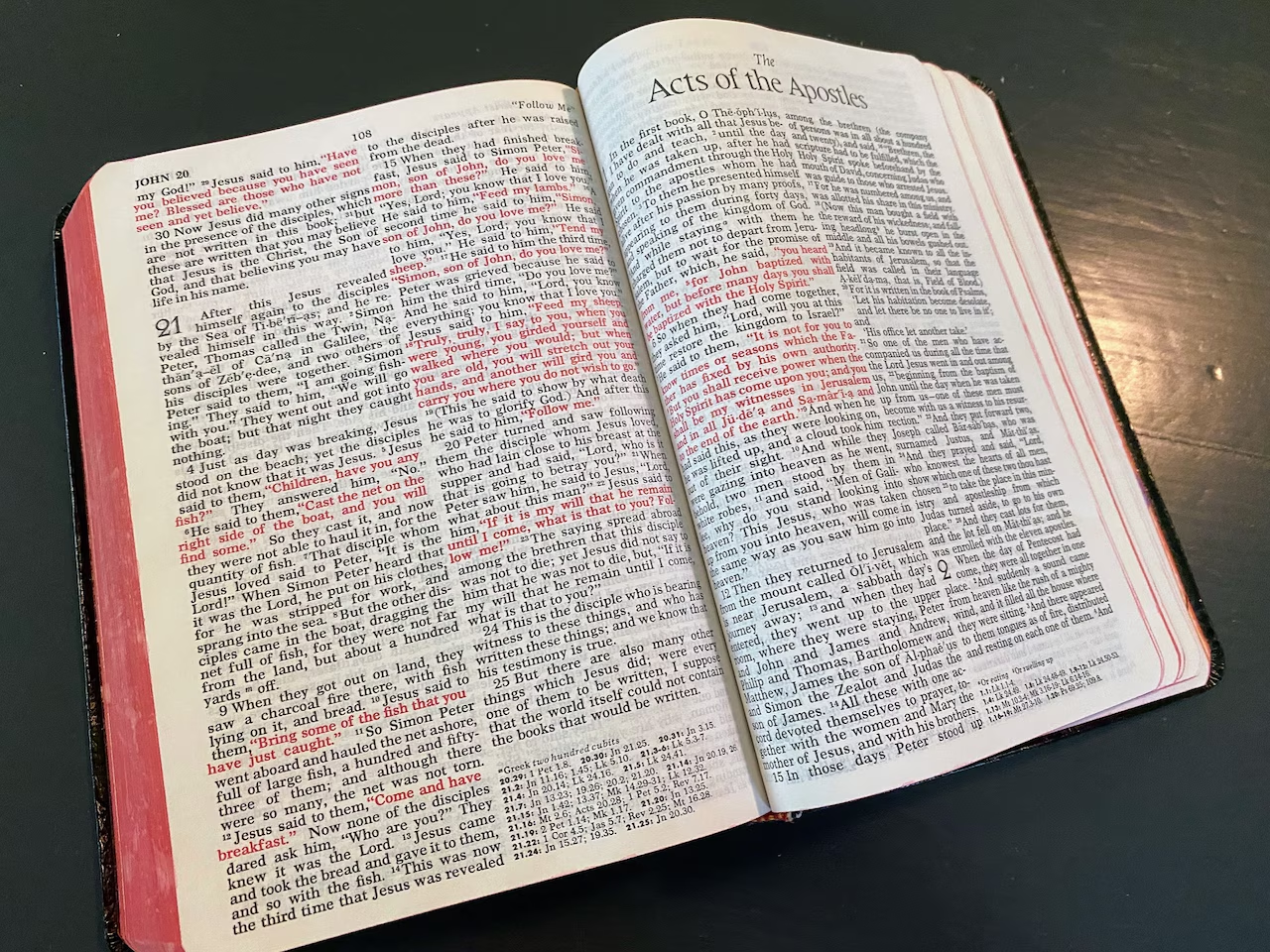What Is the Rapture Prediction for September 23-24, 2025 — Explained
The Rapture prediction set for September 23–24, 2025, has gone viral across social media, igniting heated debate among believers, skeptics, and theologians. This article digs into who is making the claim, what it means, the evidence (or lack thereof), how people are reacting, and what experts say.
Origins of the Prediction: Joshua Mhlakela’s Vision
The source of the prediction is Pastor Joshua Mhlakela, a South African minister. He says he had a vision—through a dream—where Jesus told him the Rapture, a belief in many Christian evangelical circles referring to when the faithful are taken up to meet Christ, will occur on September 23 and 24, 2025.
Mhlakela links this date to the Jewish holiday Rosh Hashanah (also known as the Feast of Trumpets). In his view, the timing of the first sliver of the new moon, which signals Rosh Hashanah, is symbolic or prophetic in this context.
Although his message was posted in June, it has more recently gained traction—shared widely on YouTube, TikTok, and through hashtag trends like #RaptureTok.
What Believers Are Saying and Doing
Some followers have taken these visions very seriously. According to multiple reports:
- People are resigning from jobs, selling cars and homes, in preparation for being “taken up” in the Rapture.
- Others are making sure their loved ones have spiritual guidance or making personal plans in case they are left behind.
- On social media, particularly TikTok, countless posts mix fear, seriousness, humor, and satire. Some are praying, some are mocking, some are philosophizing.
What Skeptics, Theologians & Experts Say
There are strong counterarguments, both theological and practical:
- Many Christian theologians remind everyone of the Bible verse Matthew 24:36, where it is stated, “But about that day or hour no one knows, not even the angels in heaven, nor the Son, but only the Father.” This is often cited to warn against date‐setting prophecies.
- Veracity sites and religious scholars are treating this prediction as speculative. Some argue that linking Rosh Hashanah or the sighting of the new moon to prophetic events, especially without consistent astronomical or scriptural evidence, is highly unreliable.
- History shows that many past predictions of apocalyptic or rapture events have failed. Experts warn that what seems spiritual urgency can lead to real emotional, psychological, or even financial harm.
Cultural & Psychological Dimensions: Why These Predictions Spread
Beyond whether the prediction is “true” or “false,” there are social, psychological reasons why it’s gaining traction:
- Social Media Amplification: Platforms like TikTok accelerate the spread. The hashtag #RaptureTok has amassed hundreds of thousands of posts, both serious and mocking.
- Fear & Uncertainty: Global crises, political instability, and climate issues all feed into anxiety. Predictions about the Rapture tap into deeper concerns—existential questions, hope for salvation, desire for meaning. IFLScience
- Religious Traditions & Holiday Symbolism: Rosh Hashanah and Feast of Trumpets have symbolic weight in Christian apocalyptic thought. The new moon, timing, and holidays—all provide framework for people wanting to interpret world events as part of prophecy.
Risks and Real‐World Consequences
These aren’t just abstract discussions—there are risks:
- People making life decisions (financial, career, family) based on prophetic claims can suffer when predictions don’t come true. The Economic Times
- Emotional distress can occur for those who believe strongly and anticipate something significant—if expectation is unmet, disappointment or loss of faith. Word In Black
- Circular reinforcement: once predictions go viral, people see others preparing, which increases fear, which increases sharing, which increases belief—even among skeptics, curious. This can amplify misinformation or misunderstanding.
What the Evidence Actually Supports
Looking at the solid data:
- There is no credible scientific or biblical evidence that confirms the Rapture will happen specifically on September 23-24. The claims largely stem from personal vision, interpretation of holidays, and symbolic readings—not verifiable evidence. Veracity
- The Bible itself warns against claiming exact dates. Matthew 24:36 is the most cited passage. Also, history documents many similar predictions that did not materialize.
- Experts urge prudence: spiritual preparedness, moral life, compassion, and grounded faith rather than date‐fixation or speculative fear.
Conclusion: Proceed with Caution, But Stay Informed
The September 23–24, 2025, Rapture prediction captures attention because it connects religious symbolism, global anxiety, and viral media. While its origins lie in one pastor’s reported vision, the broader spread of belief shows how prophetic claims resonate when people feel uncertain.
Truthfully, there is no evidence that confirms these specific dates. But examining them can tell us a lot about faith in the digital age: how people seek certainty, how they respond to claims of revelation, and what role community and media play.
Whether or not the Rapture happens on those dates, this moment offers a chance for reflection: how beliefs shape action, how symbols are interpreted, and how faith interacts with fear.
Subscribe to trusted news sites like USnewsSphere.com for continuous updates.





